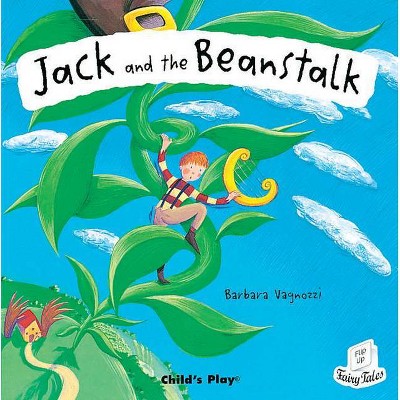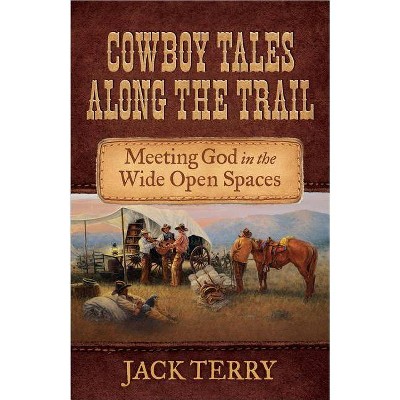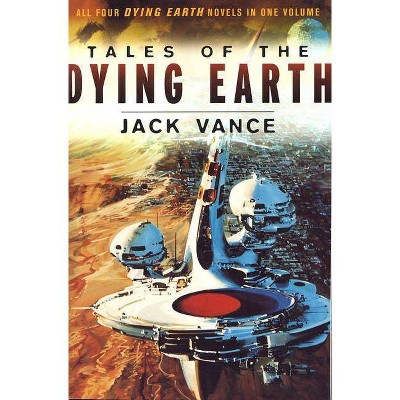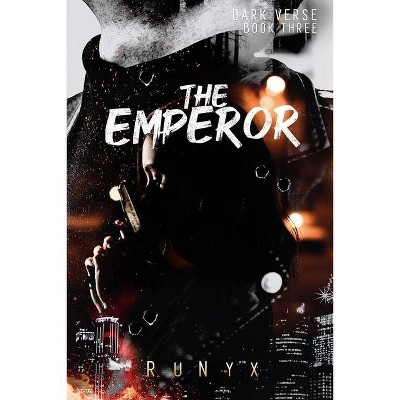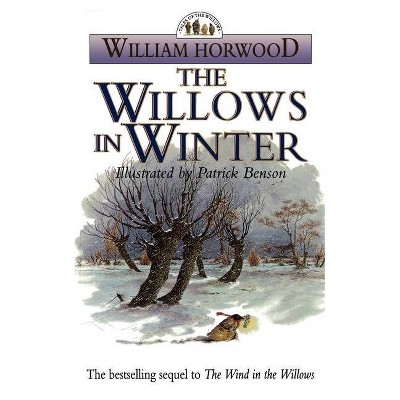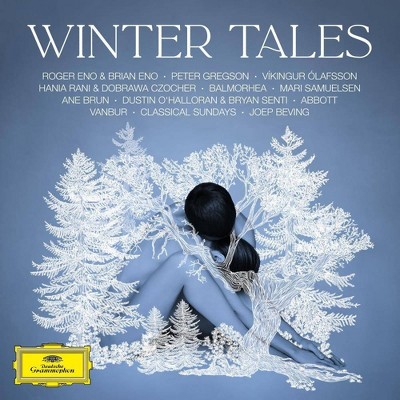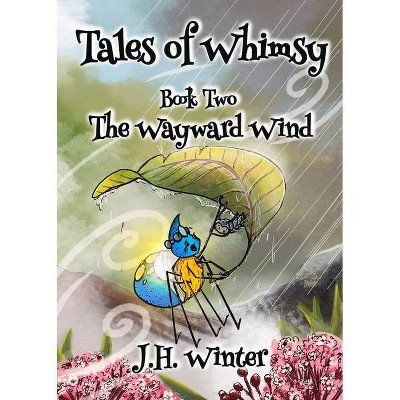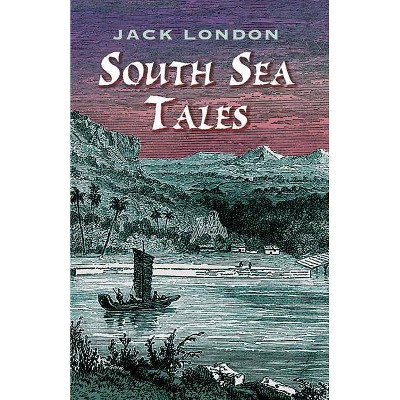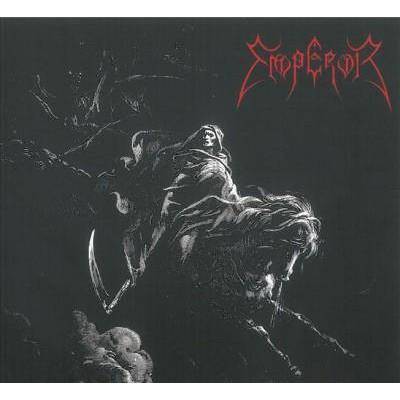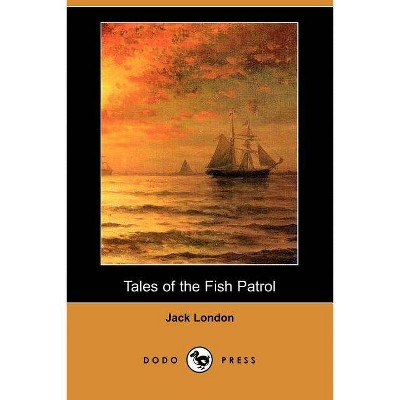Tales of the Emperor - by Jack Winter (Paperback)
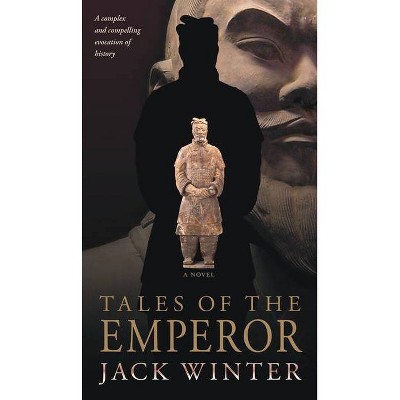
Similar Products
Products of same category from the store
AllProduct info
<p/><br></br><p><b> About the Book </b></p></br></br>In a nonlinear, mixed narrative <i>Tales of the Emperor</i> introduces the reader to a momentous period in Chinese history.<p/><br></br><p><b> Book Synopsis </b></p></br></br><i>Tales of the Emperor</i> is based on the life of Qin Shi Huang (circa 260-210 BCE), the "First Emperor" - he who unified China, gave it his name, built the Great Wall, entombed an army of terra cotta soldiers, authored legalism, erased history, insinuated governance, and established paranoia as a national characteristic. His dynasty did not outlive him but his influence permeates the present and, there is ample indication, will dominate the future. <p/>The literary method of <i>Tales of the Emperor</i> is derived from the first Chinese attempt at "writing history" - the famous Historical Records of Ssu-Ma Ch'ien. Like that Chinese classic, <i>Tales of the Emperor</i> is motivated by the desire to understand the past by entering it, mixing testimony with anecdote, interpretation with invention, biography with characterization, objective analysis with passionate self-interest. <p/>Birth to death, <i>Tales of the Emperor</i> tells the story of its central figure in a thematic rather than a chronologic narrative. In a mosaic of separate tales - some no more than fragments, others chapter-length - intersecting characters are presented, entwined, relinquished, among them a failed assassin, a wily adviser, an ironic architect, a castrated historian, an entire tribe of grave builders, and, of course, the wry, conflicted, everyday tyrant himself. The Emperor's accomplishments are documented, his strivings are examined, and intimate tittle-tattle about him is indulged. <p/>There's only one principal theme: you find the antiquity you look for, or, in the language of the book: "history is the study of the paintings of great events."<p/><br></br><p><b> About the Author </b></p></br></br>Born in Canada, <b>Jack Winter</b> attended McGill University followed by the University of Toronto for a PhD in English literature. He has since held many university teaching positions across Canada in English literature, modern theatre, and creative writing. <p/>From 1961 to 1967 Winter was resident playwright at Toronto Workshop Productions (Toronto, Ontario), where he wrote five stage plays: <i>Before Compiègne</i>, <i>The Mechanic</i>, <i>The Death of Woyzeck</i>, <i>Hey Rube!</i> and <i>The Golem of Venice</i>. <p/>During his second tenure (1974-76) as resident playwright at Toronto Workshop Productions, he wrote four more stage plays: <i>Letters from the Earth</i>, </i>Ten Lost Years</i>, <i>You Can't Get Here from There</i>, and <i>Summer Seventy-Six</i> (or Olympics '76). <p/>His many awards and recognition for his work include the Toronto Telegram Theatre Award for the Best New Canadian Play, Canadian Film Award (Genie) for Best Documentary Film, Academy Award nomination for Best Short Subject, Visiting Writer's Fellowship of the Eastern Arts Association, and Arts Council of Great Britain Creative Writing Fellowship.<br>
Price History
Price Archive shows prices from various stores, lets you see history and find the cheapest. There is no actual sale on the website. For all support, inquiry and suggestion messagescommunication@pricearchive.us
